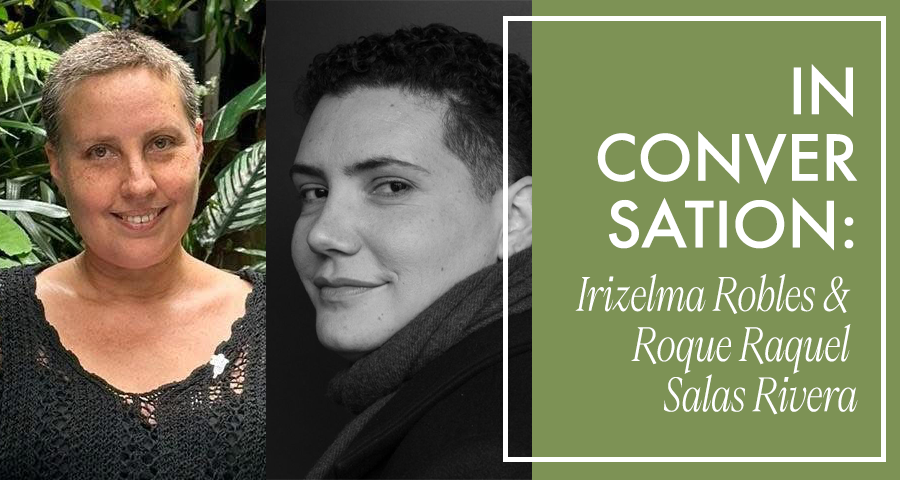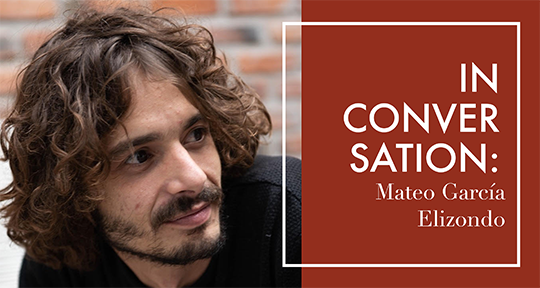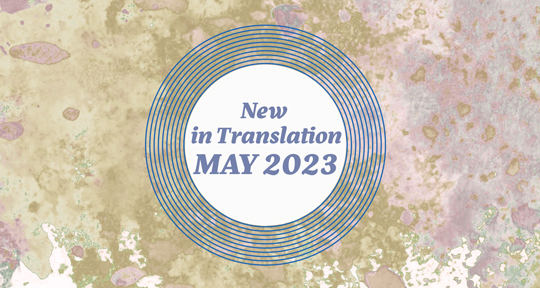Awarded the Pedro Lastra International Poetry Prize by the State University of New York at Stony Brook in 2019, Puerto Rican poet and essayist Irizelma Robles percolates ritualist practise, alchemy, and the occult into her scholarship and poetry. Her fourth poetry collection, El libro de los conjuros (Editorial Folium, 2018), embodies this fusion. The text has been translated into English by Puerto Rican poet and translator Roque Raquel Salas Rivera as The Book of Conjurations and was published by Sundial House last June 2024. In this spell book, Dr Robles writes about how “water will make way for the earth / that will listen” and “pieces of language / erased like mist,” summoning skies, substance, soul, and source. In his translator’s note, Dr Salas frames poetry as alchemy: “transmutation through words . . . transform[ing] poet, reader, and language.”
In this interview, I spoke with Dr Robles (in New York) and Dr Salas (in Puerto Rico), on El libro de los conjuros / The Book of Conjurations and the mutability of poetry through the lens of alchemy.
Alton Melvar M Dapanas (AMMD): Irizelma, your remarkable poetry collection from 2018, El libro de los conjuros, is now out in Roque Raquel Salas Rivera’s translation as The Book of Conjurations. Taking us back to that period and before, what were the creative impulses and poetic foundations that shaped this work?
Irizelma Robles (IR): Ten years before it was El libro de los conjuros, its title was La tabla periódica (The Periodic Table) and when I began writing it in 2016, it was titled El libro de la Santa Muerte (The Book of the Santa Muerte). I did fieldwork in the Huaxteca region of Veracruz and Hidalgo during my student years under the direction of my anthropology professor, Ana Bella Pérez Castro. It was during that period that I came across El libro de la Santa Muerte, a book of conjurations and spells. Later, in conversation with Eugenio Ballou, my friend and editor, we discovered that its true title was El libro de los conjuros.














